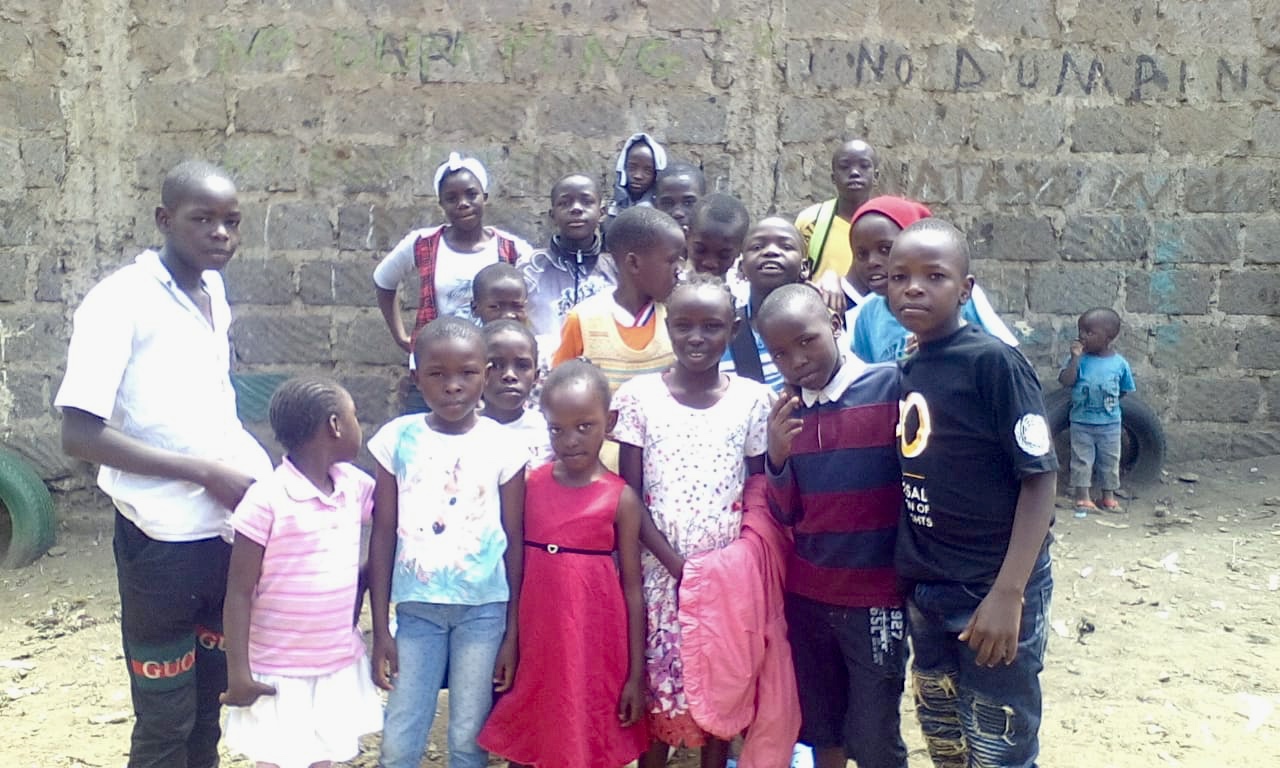- About
- Topics
- Picks
- Audio
- Story
- In-Depth
- Opinion
- News
- Donate
- Signup for our newsletterOur Editors' Best Picks.Send
Read, Debate: Engage.
| June 18, 2021 | |
|---|---|
| topic: | Health and Sanitation |
| tags: | #Africa, #COVID-19, #Mental health, #Drug abuse |
| located: | Kenya, South Africa, Zimbabwe |
| by: | Bob Koigi |
The drug abuse menace has affected school children who are now indulging in drugs to pass time as school closures disrupt their normal lives.
In Africa, while drugs and alcohol abuse has traditionally raised concerns, the pandemic-induced reliance on drugs has reached epidemic proportions as travel bans, social distancing, quarantine and government directives alter supply chains, patterns of use, availability and price of the substances.
Global authorities now say that a spike in drug use in Africa shows that the continent is not just a transit point (the Tanzania, Kenya and Nigeria ports have traditionally been used to ship drugs to US and Europe), but has become a key market on its own as demand grows.
The ease with which home delivery of various products are being done to minimise human interaction to contain the spread, has seen a spike in demand for alcohol and drugs, which is having a ripple effect on societies and families.
“With alcohol and drug abuse happening in homes and people trying to deal with the uncertainties that have come with the pandemic, that change of lifestyle has had an impact on the family setting,” said Martha Njune, a Kenyan psychologist. “Children who look up to their parents are resulting to doing what their parents are doing, which is fanning the drug abuse cycle. We have also noted a worrying increase in domestic violence cases at homes, which can be attributed to the drug abuse problem.”
Kenya’s National Authority for the Campaign against Alcohol and Drug Abuse has raised the alarm over the growing exposure of children to alcohol and drugs, especially in the COVID era.
In various suburbs in the Kenyan capital, Nairobi, residents have complained of an increasing number of teenagers who chew khat, smoke cigarettes and bhang, consume alcohol and use other substances like jet fuel as a hobby.
A global survey by the International Society of Addiction Medicine (ISAM), indicates that Kenya, Georgia and Oman have shown the biggest change in drug availability, use prices and health impact. The report further points to an increase in the use of sedatives, bhang and alcohol particularly from those with substance use disorders.
In South Africa, despite enforcing strict lockdowns and border surveillance protocols to manage the virus, authorities recently nabbed a cocaine consignment estimated at $1.8 million.
To beat the system, the drug trade has become sophisticated by moving activities online and, with borders being closed, there has been a proliferation of local drug labs.
As demand for drugs grows in Africa, studies further indicate that the black market is finding new customers in the desperate population, especially the younger generation who the pandemic continues to disenfranchise.
“In the longer run, the economic downturn and associated lockdowns have the potential to disrupt drug markets,” notes the World 2020 drug Report by the United Nations Office on Drugs and Crime.
“Rising unemployment and lack of opportunities will make it more likely that poor and disadvantaged people engage in harmful patterns of drug use, suffer drug use disorders and turn to illicit activities linked to drugs - either production or transport. And drug trafficking organisations are likely to exploit the situation by providing services to the vulnerable and boosting their ranks with new recruits. With Governments less able to respond, these shifts could quickly take root and become the new reality for many communities,” the report further states.
Such is the case in Zimbabwe, where Methamphetamine, a powerful, highly addictive stimulant that affects the central nervous system, is being widely abused by young people. Known in the streets as crystal meth or mutoriro, the drug that has traditionally been used in the country has recorded a huge rise in demand during the COVID period, as unemployment levels soar and children remain out of school.
Suppliers and peddlers easily obtain drugs from neighbouring South Africa due to the porous borders. “With the continued impact of COVID-19 diverting the interdiction and surveillance capacities of law enforcement bodies in the region, there is significant likelihood that Afghan meth flows will penetrate beyond the initial South African sink, seeping along traditional smuggling routes to establish new footholds in neighbouring illicit drug markets across the region,” notes a report dubbed A Synthetic Age: The evolution of methamphetamine market in Eastern and Southern Africa by the Global Initiative Against TransNational Organized Crime.
With the drug abuse crisis occasioned by COVID-19 spiraling out of control, experts warn that Africa is not well equipped to handle the expected mental health issues that may have devastating impacts for the continent. “Even pre-pandemic, various African countries were ill prepared to handle mental health. With rising cases of drug abuse, depression and gender-based violence, we are staring at a catastrophe that will take a toll on nations if the right investment is not put in place to prioritise mental health issues,” noted Njune.
Image: Swiatoslaw Wojtkowiak.
By copying the embed code below, you agree to adhere to our republishing guidelines.

